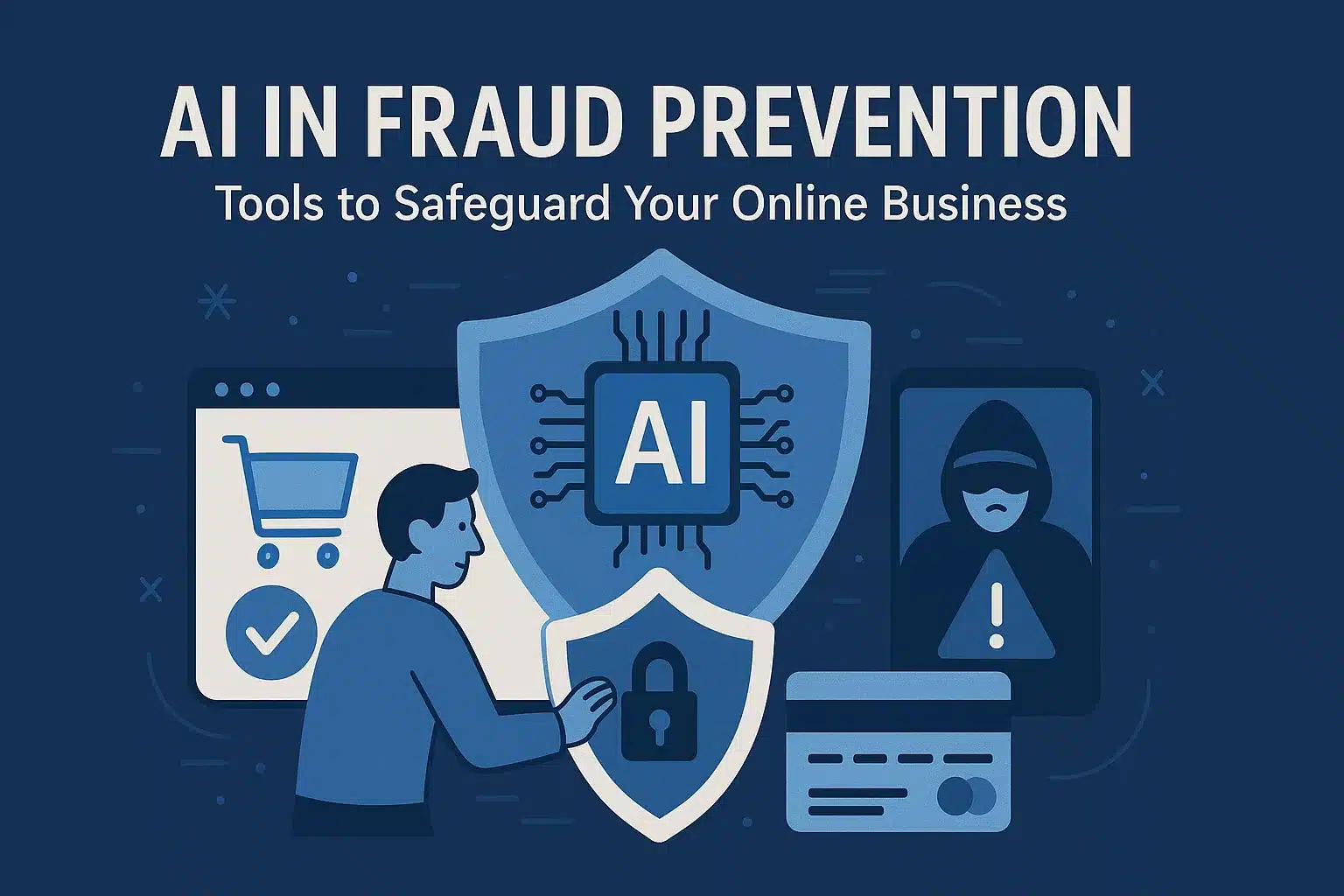Sexual Harassment In Remote Work Environments: How To Address And Report It
Ever since the COVID-19 pandemic hit, businesses have shifted to remote work. With this sudden shift, many companies realize that remote employment can benefit both employees and employers.
For remote employees, remote work offers flexibility, a better work-life balance, and the ability to work from anywhere. For companies, remote work reduces overhead costs and allows them to tap into a larger talent pool.
Cut to today, as remote work becomes more popular, reports of remote harassment have also risen. The situation is dire and demands immediate action.
The aggressive abuse that makes the news is just the tip of the iceberg, as name-calling and belittling have become the norm in online discourse. And this cannot continue. We must take urgent action to address this critical issue.
This article will discuss remote workplace sexual harassment, examples, and how to report it.
Save Thousands Of Dollars With Coggno Prime Subscription
What Is Online Or Virtual Sexual Harassment?
Virtual sexual harassment is an online harassment that targets one’s gender, ethnicity, or sexuality during remote work. It can include sending sexually explicit messages or images, making unwanted advances, or displaying suggestive content during video conferences.
Some examples of online or virtual sexual harassment include:
- Sharing sexually explicit content or pictures through messaging platforms, email, or social media.
- Engaging in inappropriate sexual conversations during virtual meetings.
- Making sexual comments or gestures during video calls.
- Posting or sharing sexually explicit content in work-related channels.
- Spreading rumors or gossip about someone’s sexual behavior.
These actions can be just as damaging and hurtful as physical sexual harassment. They can make employees feel uncomfortable, unsafe, and demotivated. They can also create a toxic work culture, leading to high turnover rates and low morale.
Sexual Harassment Prevention for Employees (Course)
What Is The Difference Between In-Person Harassment And Cyber Harassment?
The concept of workplace sexual harassment has evolved with the rise of remote workplace culture. Electronic communication has emerged as a new tool for harassers to create a hostile work environment for remote workers.
In-person harassment typically involves face-to-face interaction, including physical contact or inappropriate comments. In contrast, cyber harassment relies on technology to convey unwelcome advances and unwanted behavior.
In the past, sexual harassment (be it in-person or online) cases often hinged on the controversy surrounding the validity of evidence, thereby affecting the mental health of the victim. Today, victims can provide clear written evidence of the harasser’s actions, allowing employers to hold perpetrators accountable and ensure that justice is served. Employers can even engage with a law firm (if need be) or leverage computer forensics to help victims receive proper compensation.
Sexual Harassment At Work Course
How To Deal With Harassment At Work As A Manager?
Employers are responsible for creating a safe and respectful work environment, regardless of whether their employees are working remotely or in the office. Here are some steps that employers can take to prevent virtual sexual harassment:
- Develop a clear sexual harassment policy that outlines what constitutes sexual harassment, how to report it, and the consequences of engaging in this behavior.
- Provide regular training and education on sexual harassment prevention, including what constitutes virtual sexual harassment.
- Encourage employees to report if they are being harassed at work, even if the harassment occurs online.
- Investigate all reports of sexual harassment promptly and take appropriate action to address the behavior.
- Foster a workplace culture of respect and inclusivity, where all employees feel valued and heard.
Harassment Prevention Made Simple For Managers Course
What Can Employees Do If They Experience Sexual Harassment?
If employees experience any online sexual harassment, they must report it directly to their manager. If the manager is the culprit or unavailable, they can report it to the HR department. If an employee cannot find information about reporting sexual harassment, they should talk to their immediate supervisor or human resources department or report the issue to the next person above their supervisor in the reporting chain.
If an employee experiences virtual sexual harassment, they should report it to their employer immediately. They can also take the following steps:
- Save any evidence of the harassment, such as screenshots or emails.
- Document any incidents of sexual harassment, including the date, time, and location.
- Seek support from a trusted colleague, friend, or family member.
- Consider seeking legal advice if the harassment is severe or ongoing.
Must Read: Sexual Harassment Prevention Training 2024 (State-wise)
In a nutshell:
- Sexual harassment is sexual harassment, even if it takes place in remote settings. Employees have all the right to work in a hostile, free, remote environment.
- Employers and employees need to understand that harassment is unacceptable and no one should tolerate it. Inappropriate behavior in online chats with coworkers is just as unacceptable as in a physical office.
- Companies must prevent sexual harassment in the workplace, regardless of whether employees work from home or in an office.
- Employers must take the necessary steps to explicitly tell employees that sexual harassment policies remain in effect during remote work and provide clear reporting procedures. Organizations can leverage this opportunity to institute robust policies and practices to keep employees safe from any form of harassment.
- Documenting any incidents of virtual sexual harassment is crucial for victims, as it can help strengthen their potential cases. Documentation should include:
- The date.
- Location.
- Name of the channel used to convey the harassment.
- Any relevant messages or images.
State-wise Sexual Harassment Training Courses
Bottom Line
Virtual sexual harassment is a serious issue that can have significant consequences for both employees and companies. Employers have a responsibility to create a safe and respectful work environment, regardless of whether their employees are working remotely or in the office.
Employees should also be aware of what constitutes virtual sexual harassment and take appropriate action if they experience it.
Get Started With Coggno
At Coggno, we understand the importance of building a safe and respectful workplace for all employees. That’s why we offer comprehensive sexual and workplace harassment training that is constantly updated to reflect the latest legal requirements and best practices.
Our courses are tailored to meet the specific needs of different industries and states, so you can be sure you are getting the most relevant and effective training possible.
By taking our training, you can help protect your organization from the damaging effects of harassment. Our courses cover all aspects of harassment, from identifying inappropriate behavior to responding appropriately when it occurs.
Encouraging your employees to complete our training is one of the most effective ways to prevent harassment from occurring in your organization. Doing so sends a clear message that you take this issue seriously and are committed to creating a safe and welcoming workplace for all.
So why wait? Take the first step towards a harassment-free workplace today and sign up for our training.
Also, read our previous blog: 10 Essential Tips for Effective Sexual Harassment Training
Maximize Training, Minimize Costs With Coggno Prime



















